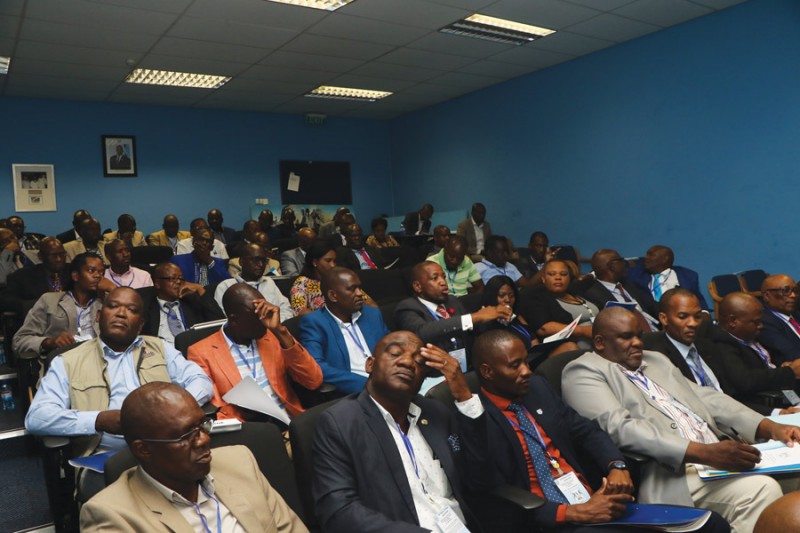BFA Passes Contentious Motion
Boitumelo Khutsafalo | Monday December 16, 2019 12:00


The regional leaders whose terms previously ran for two years will now sit in office for four years after the majority of the delegates voted in favour of the motion.
The leaders who were voted in last year will now be in office until 2022. Effectively the changes mean that there will be no elections for regional leadership next year. Although it finally passed, the motion reportedly received strong opposition from some delegates among them Notwane president, Tebogo Sebego who has been vocal about its ‘ill intention’.
Sebego has always warned that should the motion pass, it will seriously dent the image of the association. His argument is that the leaders were voted in by the clubs at their regions. He is of the view that should the regional leaders seek fresh mandate, they should do so through the people who voted them into office and not through the change that came with the motion.
Another official who has strongly opposed the motion was the suspended BFA first vice president, Segolame Ramotlhwa. His views have been that those currently holding positions at various structures were voted into their positions by their respective constituents on the understanding that they were going to serve for two years adding that those who want to continue beyond that period or under the proposed new term of office must constitutionally go back to their respective structures to seek fresh mandate.
However, those who supported the motion argued that the changes would allow the regional committees time to plan, implement and evaluate projects especially those coming from FIFA. They also pointed out that the BFA is currently running important projects like the four-year technical plan which runs up to 2022 as well as the Operation Time for change capacity building project.
They said the current regional structures are intimately involved in the programmes that cost the association an average of P2 million per year. They further said by retaining the current office bearers of these structures, there would be a return on investments.
